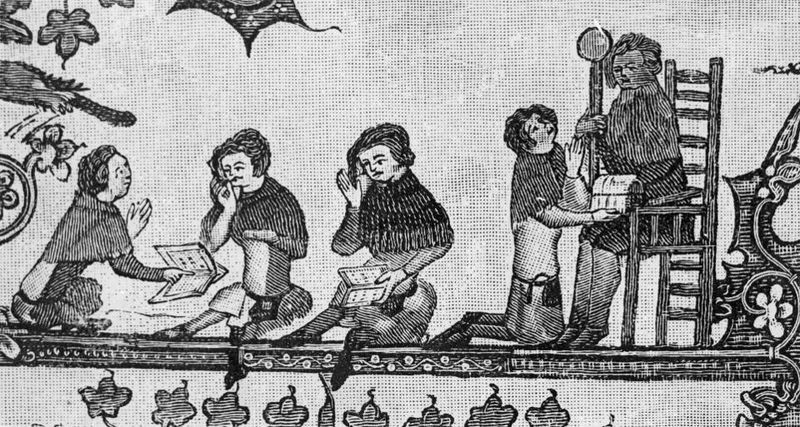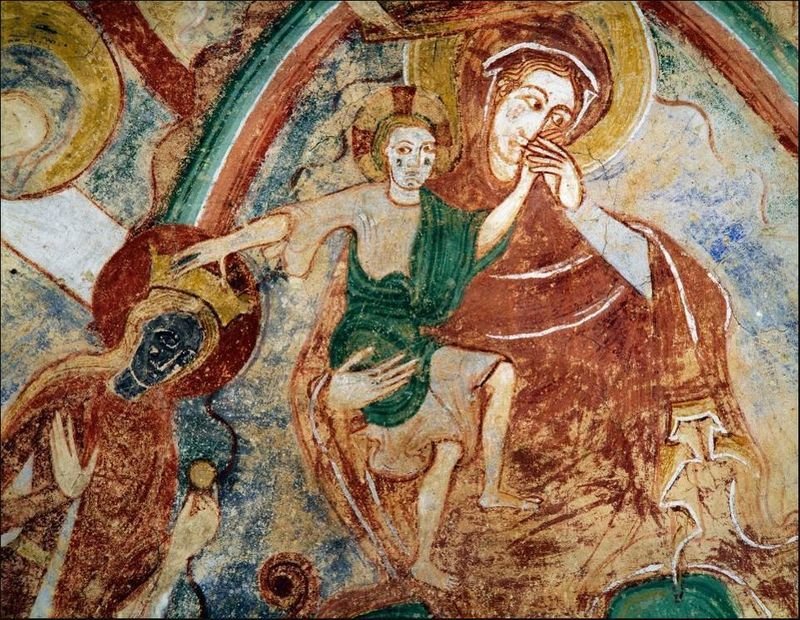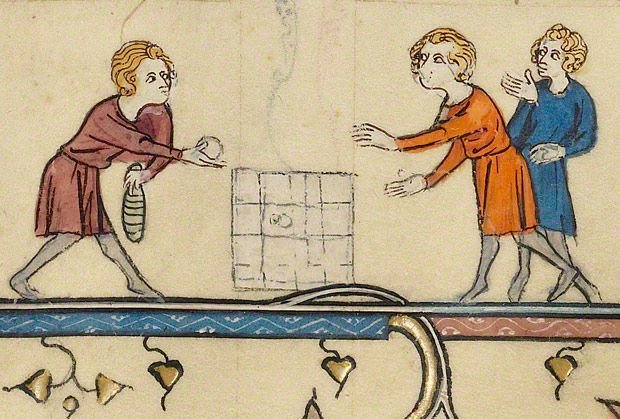Children in Middle Ages
History is made of myths. Some have been disproven, but others stay with us for longer periods of time. We call those myths the “zombie myths”. We are so used to living with those ideas embedded in our minds that we consider them as facts. Just like every period in History, the European Middle Ages also have their own zombie myths.
The Economist brought back a really old myth not too long ago about children in the medieval world not having a childhood. We are not talking about denying one’s childhood, but the idea that during the medieval ages, childhood did not exists. The basic premise is that parents would not care for their offspring, and children would have to face the world just like adults.
You do not need us to tell you that this is absolutely untrue and a very poorly constructed myth.
We are lucky enough that a lot of text and image sources from the European Middle Ages are still intact, and therefore a perfect study tool for scientist all over the world. By studying the texts and images, scientists managed to unravel how medieval families really functioned like, and how children lived their lives. Here is the real truth.

According to Prof. Miriam Shadis from the Ohio University that the myth is actually deeper than it seems at first. It actually consists of a general struggle between “sameness and difference” when we are talking about the medieval times. Were the people who lived during those times similar to us, or were they completely different?
It is a well-known fact that the mortality rate of children was extraordinary. It makes you wonder whether there was an emotional attachment between the children and their parents when the parents themselves knew in the back of their minds that they might or probably will lose their child at some point. If we put some of the strange practices into the equation we can easily see why people would come up with such myths.
There is a lot of things that happened during the medieval ages that we would like to justify and as Prof. Miriam Shadis stated: “…cradle betrothals, child oblation, the appearance of an unwillingness to name children (especially daughters), reliance on wet-nursing, etc., we tend to explain it by thinking that if medieval parents were willing to do this, to thrust their children into seemingly adult environments, then they must not have thought of their children as children.”
This makes sense, but it causes real issues. We are ignoring the most important part – the context. It is not true that the practices that prof. Miriam Shadis described were a part of the general population at the time. In fact, they were a part of only a tiny part of the population and they only emerged due to political necessity. There is actually evidence that the parents were doing the opposite: “…taking extra care to preserve their children’s mental and physical status as children.”
Overall, there is no truth to the claims that children did not have a childhood during the European Middle Ages. They were just as loved and protected as children are today, and they were recognized as children, and not young, tiny adults. There are many portraits from that period of time where we can see that children were allowed to play, mothers did care about the death of their children and grieved just like any other mother who lost her child.

To wrap it all up, Prof. Shadis stated that we: “…still have a long way to go to fully appreciate the medieval attitude toward childhood because it will always be chronologically and culturally specific.”
The past is different to what we are living today, and nobody will argue that. However, in order to truly understand how the past worked, we need to study it thoroughly first, and not jump to any conclusions. There is a huge number of scientist and scholars out there, including Barbara Hanawalt, Nicholas Orme, Ronald Finucane, and Daniel T. Kline, who are on a path to prove that our history is not what the myths want us to believe.
Some could argue that the present time is much better than how it was back then. However, that is not a valid point. History is too complex to state that one period of time is better or worse than the other. The period is only different from another, nothing else.
This is one of the key points that everyone needs to understand. We are judging history based on what is different, and we are therefore discussing our expectations to what the times were like rather than the reality.
To wrap it all up, if we are going to agree with the myth that people in medieval ages did not value their children, and at the same time agree that our present consists of “economically useless but emotionally priceless child” then we must ask ourselves what the values that we are placing on our own children truly are.




